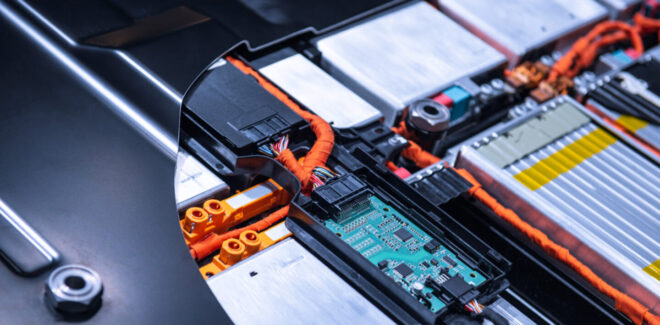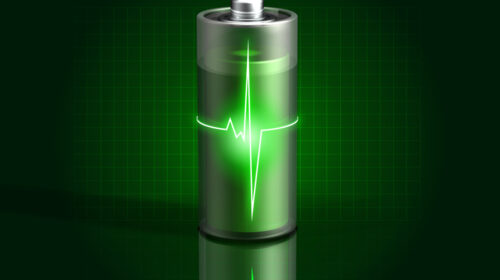Global lithium-ion battery recycling market to witness high growth
Li-ion battery recycling is a dynamic and more attractive industry, for sure. With the rapid adoption of EVs, the demand for Li-ion batteries as well as Li-ion battery recycling will grow significantly in the coming decades. Currently, most of the recycling companies are located in China, for example, Bruno, Huayou Cobalt, GEM, and Europe, such as Umicore, Akkuser, Accurec. Chinese recycling companies are at an advantage. They benefit from an already large battery market, enjoy extensive support from the state, and have good access to the high volume of material to be recycled.
Most of the recycling companies are gradually increasing their recycling capacity to accommodate the growing volume of end-of-life batteries. Still, it again depends on the investment required to increase the capacity.
To build a new recycling plant or increase the capacity of an existing plant needs high investment. High investment, the right strategies, and the rapid increase of recycling capacity are the key. Recycling players with high investment capability and the right approach may benefit. Therefore, today’s smaller players or newcomers can increase their market shares, and the leaders can see their market shares decreasing, all depending on their approach.
Most of the recycling companies are gradually increasing their recycling capacity to accommodate the growing volume of end-of-life batteries. Still, it again depends on the investment required to increase the capacity.

Industry News
-
- In September 2019, Umicore and LG Chem Ltd. (South Korea) entered into a multi-year strategic supply agreement for the supply of 125,000 metric tons of nickel, manganese, and cobalt cathode materials for lithium-ion batteries to LG Chem Ltd. The agreement became effective from January 2020. Under this agreement, Umicore is also expected to recycle LG Chem Ltd.’s cathode material production waste. Currently, both companies are undergoing discussions on long-term cooperation in battery recycling. The agreement is expected to help Umicore enhance its competitive edge in the battery recycling market globally.
In 2020, the automatic cleaning segment is expected to dominate the market during the forecast period
By End Use:
On the basis of End Use, the market is segmented into automotive, and Non-automotive. Among these, the automotive segment is expected to grow with the highest CAGR during the forecast period. The growing adoption of electric vehicles and government regulations supporting EVs are the key factors responsible for the growth of this segment in 2020.
By Battery Chemistry:
Based on Battery Chemistry, the market is segmented into Lithium-nickel Manganese Cobalt (Li-NMC), Lithium-iron Phosphate (LFP), Lithium-manganese Oxide (LMO), Lithium-titanate Oxide (LTO), Lithium-nickel Cobalt Aluminum Oxide (NCA). The lightweight lithium-ion battery systems have a high energy density and power, which improves the wheeled vehicle’s mobility. Furthermore, military transport, combat and unmanned vehicles are switching to fully electric or hybrid systems, with battery systems serving as the primary source of propulsion power.
Ask for your specific company profile and country-level customization on reports.
The major players operating in the global Li-ion battery recycling market are Umicore, Glencore International AG, Retriev Technologies Inc., Raw Materials Company Inc. (RMC), International Metals Reclamation Company, LLC (INMETCO), American Manganese Inc., Sitrasa, Li-Cycle Corp., Neometals Ltd, RecupylSas, Tes-Amm Singapore Pte Ltd, Fortum OYJ, GEM Co., Ltd, Tata Chemicals Limited, Onto Technology, LLC, Lithion Recycling Inc., Ecobat Technologies Ltd., Battery Recycling Made Easy (BRME), Euro DieuzeIndustrie (E.D.I.), BatrecIndustrie AG, Urecycle Group Oy.
This research report provides insights into various levels of analysis, such as industry analysis and market share analysis for the leading industry competitors, along with their profiles. It also helps in studying the target segments by providing views on the emerging and high-growth segments. The market data comprises the basic assessment of the competitive scenarios and strategies in the global lithium-ion battery recycling market, including high-growth regions and/or countries, and political and economic environments. The project report further provides both – historical market values and pricing and cost analysis.
Request A sample

